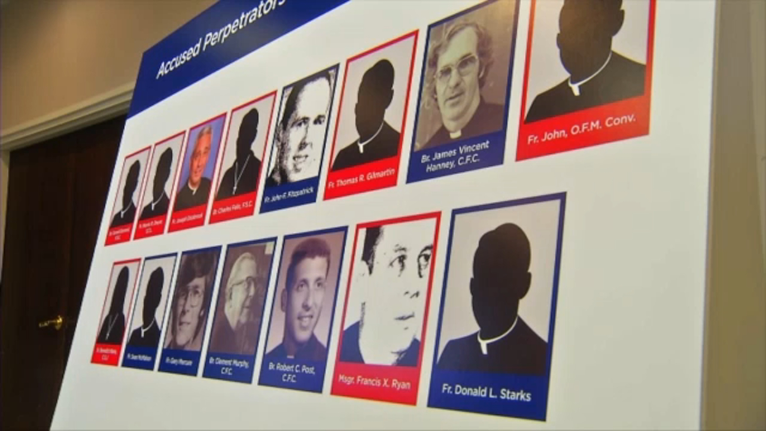Advocates are calling a bill making priests and other clergy mandatory reporters of sexual abuse a first step.
Passed by the New York Assembly earlier this week, the bill adds clergy to the list of professions required to report suspected mistreatment. Gordon Smith, who has filed a Child Victims Act lawsuit alleging abuse by two priests, says he had assumed that was already the case.
What You Need To Know
- The state Assembly passed a bill this week that would make clergy mandatory reporters of sexual abuse
- The bill includes a provision keeping conversations during confession private
- Advocates have pushed to have that provision removed
"I had always been under the incorrect assumption that anyone in a position of authority, a priest, teacher, anybody, was a mandatory reporter," said Smith.
The bill that passed the Assembly includes a provision missing from the original draft. The original would have required priests report child abuse they hear about during the act of confession. The current version keeps those conversations private.
"This exception swallows the rule," said Jennifer Freeman, Smith's attorney. "Just like for lawyers, if we hear that someone is about to commit a crime and is in danger of committing a future crime, we must come forward. We can't hide behind the attorney-client privilege."
Catholics consider confession to be a conversation between a person and God, with the priest acting as a conduit. Albany Bishop Ed Scharfenberger previously told Spectrum News that priest would tell the person confessing to go to the police.
"I don't think it's realistic. I don't think it's going to happen, because someone who has no conscience and is molesting a child to begin with is not going to turn themselves in, not going to take responsibility for their actions," said Smith.
But Smith says he believes this is a step in the right direction.
"I hope that going forward, we can find a way to put an end to this, moreso, put an end to hiding, but more importantly, put an end to any child being hurt again," said Smith.
The bill, which can be read here, is now in the Senate, and it's unclear when it could be voted on.



